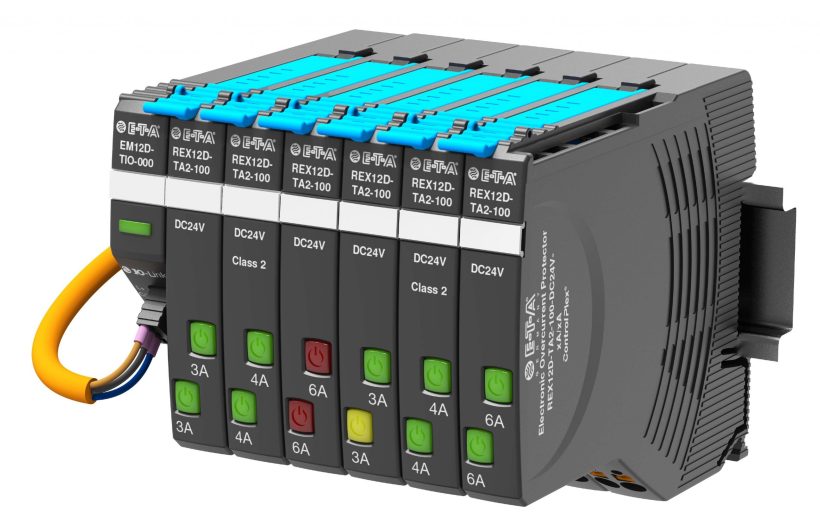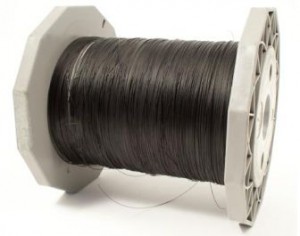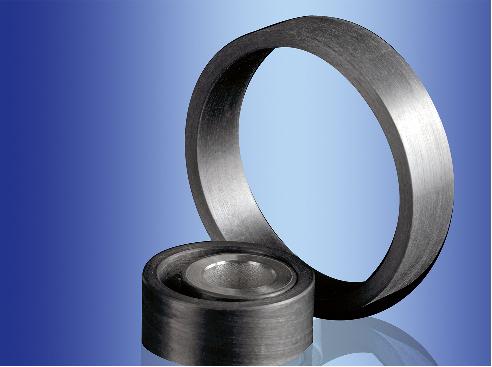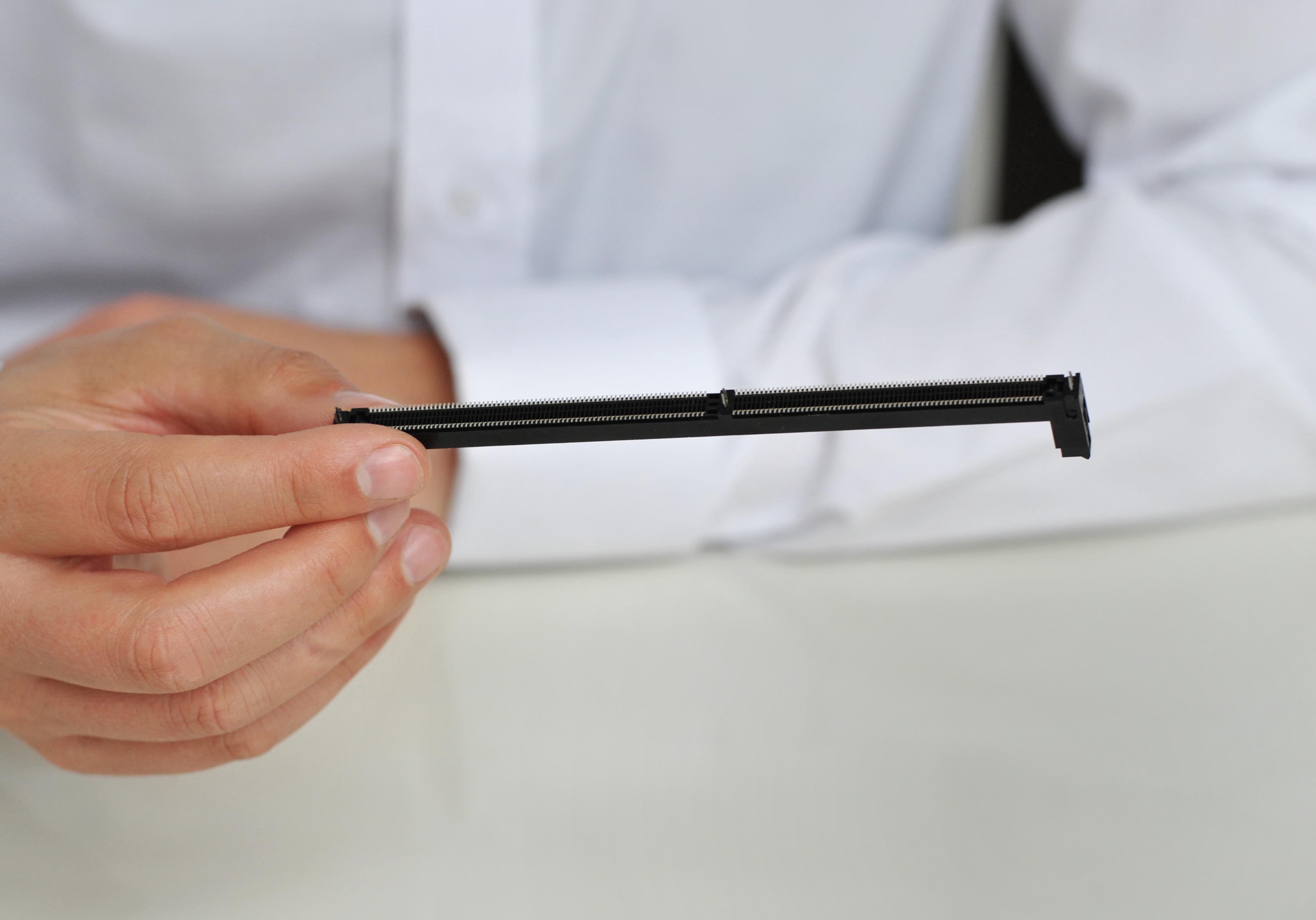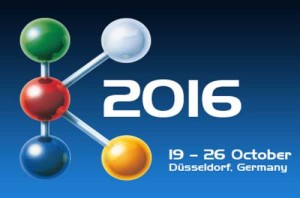Sumitomo (SHI) Demag launches series of solutions for permanent monitoring of critical components.
Schwaig, September 2021 – Sumitomo (SHI) Demag Plastics Machinery GmbH, Schwaig, will exhibit a range of new permanent condition machine monitoring systems at Fakuma 2021. Reducing maintenance costs while maintaining reliability, the condition monitoring systems can be used to determine the actual degree of wear and tear, enabling early detection and optimal maintenance costs to be pre-planned according to the end of the service life of each injection moulding machine. Utilising condition monitoring, complex processes can be reliably analysed directly on the machine. Making it possible to monitor critical parameters, which typically requires considerable effort and resources.
“At Fakuma 2021, the company will present three real-time diagnostic options that can be implemented across our entire machine series,” reports Dr. Thorsten Thümen, Senior Director Technology, Sumitomo (SHI) Demag. “The first option helps to permanently maintain energy efficiency and power on our all-electric machines. The hydraulic option serves to decode oil parameters and maintain component quality. The third reliably monitors control voltage across the entire injection moulding machine series,” he explains
Initially, the rationale for developing these condition monitoring systems focused on components where failures incur the highest costs and lengthiest machine downtimes. However, further developments to the portfolio of solutions are already underway. “Currently, our efforts are focused on detecting abrasion and wear to the screw, the plasticising cylinder and the ball screws on all-electric injection moulding machines. Our ultimate goal is full monitoring of all critical components prone to wear,” says Dr Thümen.
To keep monitoring costs proportionally aligned to the tangible benefits, innovative and equally uncomplicated solutions were intentionally engineered to facilitate faster and easier documentation of machine conditions by plant operators. Fakuma visitors can experience the simplicity for themselves at the company’s exhibition stand 1105 in hall B1.
All-electric machines permanently energy-efficient and powerful
For the DC voltage intermediate circuit supplying the individual drive axles and for the absorption of generator power in Sumitomo (SHI) Demag all-electric IntElect machines, the company has developed a process that detects capacitance changes in the converter supply. This could be a result of aging of the electrolytic capacitors or electrical defects, for instance.
In the event of a loss of capacity, the energy fed back into the cycle can no longer be stored and is dissipated via brake resistors. Depending on progress, machine energy consumption may initially increase. At a certain point, the brake resistor is overloaded, so that the machine can no longer be used for the set cycle.
“This results in unplanned downtime or losses in cycle time with corresponding process deviations,” cautions Dr Thümen. The status monitoring of the intermediate circuit capacity developed by Sumitomo (SHI) Demag continuously records the storage capacity of the capacitors reporting a machine-relevant change in time. Any necessary maintenance measures can therefore be planned in advance. “This ensures part production and service can be deployed at the most opportune time.”
Hydraulic machines – decoding oil characteristic parameters
In hydraulic machines, oil usage is both the basis for trouble-free operation, yet can also be an indicator of imminent damage. Sumitomo (SHI) Demag offers additional measurement sensors for monitoring two relevant oil parameter groups during machine operation.
Jan Taufer, Project Manager for Condition Monitoring and employee at the Sumitomo (SHI) Demag test centre explains: “On the one hand, a particle monitor continuously records the number and size of particles contained in the fluid. This evaluation follows the quality standard ISO 4406 format, which is displayed as an actual value or trend via the machine.”
If a violation of the parameterised warning or alarm limit occurs, a corresponding error message is generated. This enables the machine to be stopped so operatives can search for causes before particles cause damage to hydraulic components (chain reaction of wear) and prompt them to complete a full system flush, the expert explains. Taufer adds: “An unplanned machine downtime lasting several days can therefore be avoided and reduced to a targeted service call.”
A second measuring device detects the physical properties of the oil, such as the water content, permittivity and conductivity. “Based on these measured values, the lubricant age can be determined via internal algorithms, and can be addressed before the chemical properties change to the extent that trouble-free operation can no longer be guaranteed,” explains Taufer. “This way, accelerated oxidation or wear processes, cooler breaks or water ingress due to condensation can also be detected and remedied at an earlier stage with minimal effort.”
In contrast to conventional oil analysis, which would only be carried out at regular intervals with the utmost care during sampling, if the stationary hydraulic oil analysis provides a continuous reading of all relevant parameters without the risk of sample contamination, the project manager is kept aware. As a result, the customer benefits from lower labour costs, complete and fully traceable condition monitoring documentation and higher maintenance quality Reliable power supply and fast troubleshooting across the series In the third option, Sumitomo (SHI) Demag offers a system for monitoring the 24 V control voltage of the injection moulding machines across the entire series. Realised by a power supply unit and intelligent circuit breakers that communicate permanently with the machine control, through this application, the actual and effective cycle current can be monitored in real time. “Consequently, potentially critical peaks or generally high utilisation rates can be identified and countermeasures can be initiated at the earliest stage,” Taufer explains.
If an error occurs, for example due to a sudden short circuit, this is detected by the controller and generates an alarm. It speeds up troubleshooting considerably, as the causality faulty circuit is identified without any detours. After an error, the availability can be restored much faster, simultaneously generating information about the error cause. “Conventional systems in the event of a fault might protect the system from overcurrent or short-circuit. However, the supply would be interrupted and the machine could suddenly fail,” ends Taufer.
➔ Save the Date ‒ Invitation to our Press Conference
You are invited to join our press conference FAKUMA! Come hear our executives talk about the latest Sumitomo (SHI) Demag developments and how we are getting ready for the future.
Wednesday, October 13, at 9.00am Room Oesterreich, Conference Center West, 1. Floor
Contact
Alexandra Schaper Marketing Manager, Sumitomo (SHI) Demag +34 674 365 956 [email protected]
Sumitomo (SHI) Demag Plastics Machinery GmbH
Sumitomo (SHI) Demag has shaped the development of the plastics industry from its very beginning. As a specialist for injection moulding machines for plastics processing, Sumitomo (SHI) Demag and its Japanese parent company are leading the industry.
The global development and production network of Sumitomo Heavy Industries and Sumitomo (SHI) Demag is comprised of four facilities in Japan, Germany and China with more than 3,000 employees. The product portfolio includes all-electric, hydraulic and hybrid injection moulding machines with clamping forces of between 180 and 15.000 kN. With more than 125,000 installed machines, Sumitomo (SHI) Demag is present in important global markets and ranks among the largest manufacturers of injection moulding machines in the world.
At Sumitomo’s headquarters in Chiba, Japan, the company manufactures machines with clamping forces in the small to medium range. Nearly 95 % of all delivered machines are equipped with an all-electric drive concept. Sumitomo (SHI) Demag’s German facilities in Schwaig and Wiehe produce the Systec Servo range with hybrid drive as well as the El-Exis SP and Systec SP range of high-speed, high-performance machines. The all-electric IntElect range for international customers is also being produced in Germany
As early as 1998, Sumitomo (SHI) Demag set up its first production site in Ningbo/China. In 2015, the Chinese subsidiary Demag Plastics Machinery (Ningbo) Co., Ltd. installed a new facility with a 13,000 m² floor space. It is earmarked for the production of the Systec C range with clamping forces of between 500 and 10,000 kN for the Asian market.
In addition to injection moulding machines, Sumitomo (SHI) Demag offers customised and standardised systems for the part handling automation, technical and process solutions for special applications, tailored services and service concepts as well as a range of financial options to support investment in injection moulding machines.
With its comprehensive sales and service network of subsidiaries and agencies, Sumitomo (SHI) Demag is present in all major markets

